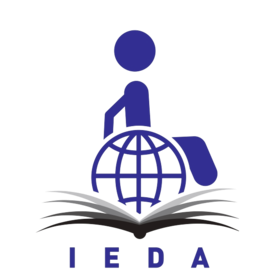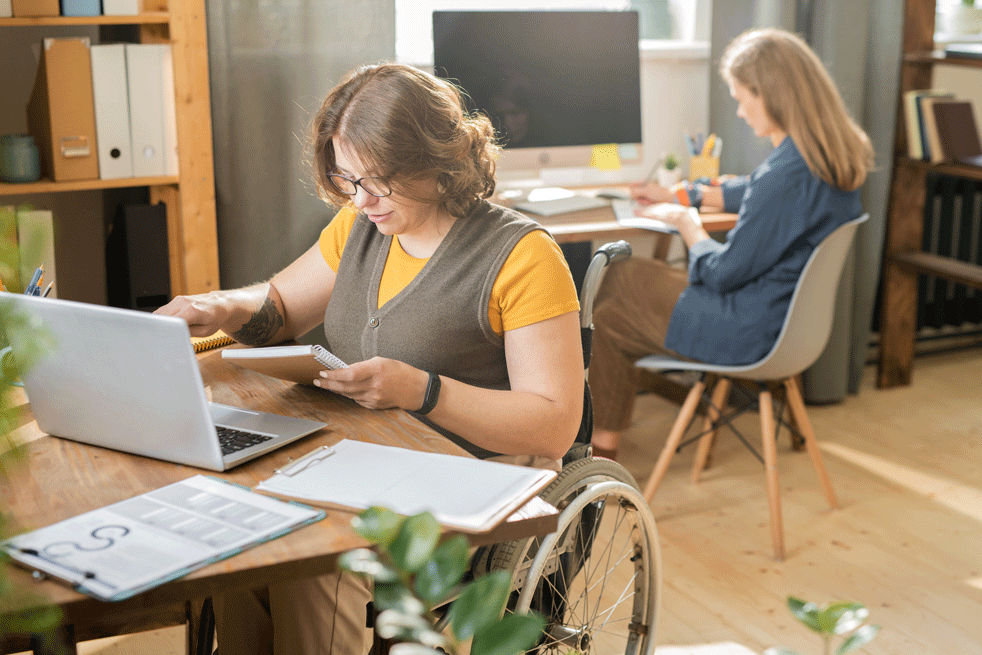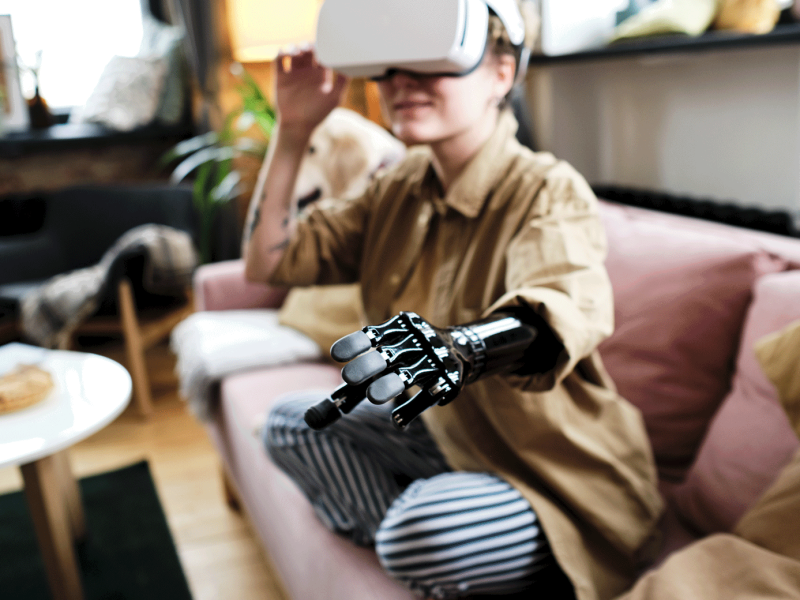Author: IDEC
Tackling discrimination and strengthen the motivation of persons with disabilities into achieving better participation in non-formal adult education.
Persons with disabilities are one of the most vulnerable groups in society and are exposed to multiple risks, such as poverty, unemployment and social exclusion, which are all in great part caused by their low participation rates at all levels of education.
Every year, people with disabilities face difficulties in participating in equal terms to all levels of the formal education cycle as many institutions still lack the infrastructure and the assistive technology (ramps, earphones, braille books or teachers who accept and respect diversity) to accommodate their needs in order the students to attend efficiently.
Persons with disabilities have values and strengths but they tend to lose their self-motivation as they face discrimination. Now it is time to focus on their strength, empower their self-esteem and motivate them to continue and to choose the life that they want to live. Disability does not determine the person and it does not define someone’s personality. The ability that people have in other areas can overcome the specific area with disability and education needs to assist them in that quest.
As an inclusive education at all educational levels is underlined as the first principle of European Pillar of social rights, non-formal adult education is an important resource in increasing the capacities and quality of life of persons with disabilities, to an even greater extent than in the case of non-disabled persons. Nevertheless, only 10% of persons with disabilities participate in lifelong learning activities, including non-formal adult education, which is half the participation rate of the general population at the EU level (Eurostat, 2018).
To motivate and facilitate their participation, educators need to contemplate and employ various tools and techniques that assist people with disabilities in building their confidence thus changing their perspective about their disabilities on focusing on their abilities.
Except that, there is a need for people with disabilities to feel secure and accepted in their learning environments. To achieve this, it is necessary to eliminate any kind of discrimination, stereotypes or challenges that exist in non-formal education so that people that face difficulties can find again their motivation to learn new things, to acquire new knowledge and have an active part of every aspect in life.
In our Erasmus + project, IEDA we will develop a structured model for integrating persons with disabilities into non-formal adult education, which will serve as a basis for the implementation of future inclusive practices of non-formal education providers and enable them to efficiently deal with challenges related to equity, diversity, and inclusion in the learning environment at local, national and transnational levels.
The model will be developed based on the collaboration of three groups of stakeholders that are seen as crucial for integrating persons with disabilities in the field: experts on the integration of persons with disabilities (psychologists, social workers, rehabilitators), experts on assistive technology, and non-formal adult education providers.
The involvement of 7 partners from different European countries (Croatia, Slovenia, Slovakia, Czech Republic, Greece, Austria, Romania) ensures a multinational perspective and applicability of the project’s intellectual results in different national contexts and educational systems.
Partners:
- URIHO (Croatia)
- Orient Express (Austria)
- TOPCOACH SRO (Slovakia)
- SC Ludor Engineering SRL (Romania)
- Masarykova Univerzita (Czech Republic)
- CENTER SPIRALA (Slovenia)
- IDEC SA (Greece)
Based on American Psychological Association (APA.org.)
https://www.england.nhs.uk/atlas_case_study/our-lives-our-way-our-journey-empowering-people-through-co-production-to-influence-the-quality-of-their-service



